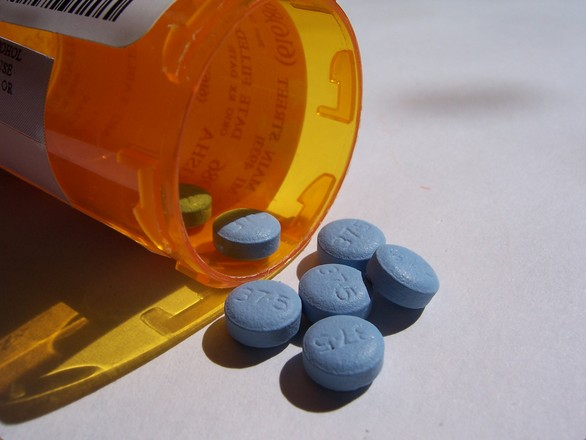When drug products are removed from shelves and taken off the market by the manufacturers, it is done so in accordance with a drug recall – either voluntarily or involuntarily. When a recall is initiated by the manufacturer, it is a voluntary recall; the U.S. FDA can also request a recall. Recalls can be initiated for several reasons, all of which fall into the umbrella of something harmful being discovered about a drug.
Recalls can involve an entire product altogether or just specific batches of products manufactured during a certain time period. For example, in 2008, Baxter Healthcare had to recall heparin that it manufactured because the FDA found contaminants in the product that caused death and severe injury to people. Another big recall was in 2010, when McNeil Consumer Healthcare recalled specific batches of many types of children’s medications including Zyrtec, Tylenol, and Motrin.
The FDA and Drug Monitoring
In addition to drugs sold over the counter and by prescription, the FDA is tasked with ensuring that vaccines and medical devices are also safe and effective. New drugs are evaluated by the FDA Center for Drug Evaluation and Research to make sure that benefits to health outweigh any potential risks. It is important to note that this branch of the FDA does not test drugs itself. The manufacturers of drugs run tests on humans and on animals and send in results, where studies are reviewed. It is at this point that the FDA decides if a drug is effective, high-quality, and safe.
The job of the FDA doesn’t end there, though. Once the drug becomes available on the market, the manufacturer is required to monitor, review, and report any potential issues that might be linked to their products. Consumers are able to report any problems with drugs directly to the FDA via the MedWatch program. The FDA will sometimes require the manufacturer to run additional trials and tests involving the product in question.
Initiating a Drug Recall
If the FDA finds that a drug is not safe, it will call for its removal from the market. This can happen if the product causes dangerous side effects, there becomes a safer alternative available, or when consumers use the drug incorrectly, resulting in serious injury or death. There are different types of recalls: Class I (when there is reasonable probability that a drug is harmful), Class II (when use may cause temporary health problems), Class III (use of the drug isn’t likely to cause issues), Market Withdrawal (when the drug has a minor problem, like tampering, that isn’t an issue with the drug itself), and Medical Device Safety Alert (when a medical device has a reasonable risk of causing substantial harm).
If You are Injured by a Drug
If you are injured or harmed by using a prescription drug, over-the-counter drug, or a medical device, you may consider retaining an attorney to help represent you in a pharmaceutical lawsuit. The best law firms will offer free legal consultation initially to potential clients. Drug lawsuit settlements can compensate consumers who have been harmed or injured, or the families of consumers who died due to use of a drug or medical device. For more information on FDA drug recalls, contact our attorneys for a free legal consultation.
